2002 Cabinet Papers: Timor Sea Treaty negotiations to be kept under wraps
Disclosure of details on joint resource-sharing agreement between East Timor and Australia would “damage security”, National Archives rules.
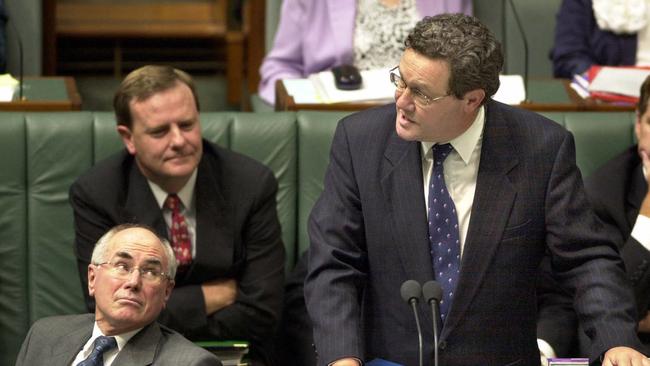
A cabinet document outlining the Howard government’s negotiating strategy for the Timor Sea Treaty and utilisation agreement for the Greater Sunrise natural gas field was twice made available to journalists under embargo with no exemptions but has since been withdrawn and kept secret.
The three-page cabinet minute and 13-page submission is now wholly exempt from public access under the Archives Act 1983 because disclosing it would apparently “damage Australia’s security, defence or international relations” according to the National Archives of Australia.
The media guide prepared by the National Archives, which is not exempt from public access, notes that ministers Alexander Downer, Peter Costello, Daryl Williams and Ian MacFarlane sought a mandate from cabinet to negotiate a joint resource-sharing agreement between East Timor and Australia.
CABINET PAPERS 2002
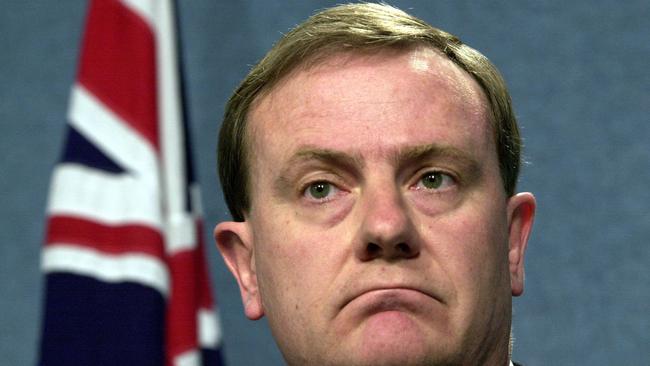
‘Advantage lost’: Costello slams inaction on debt
Twenty years after warning cabinet of significant future budget pressures, former Treasurer Peter Costello says the fiscal and debt position of the nation is far worse than it needed to be.
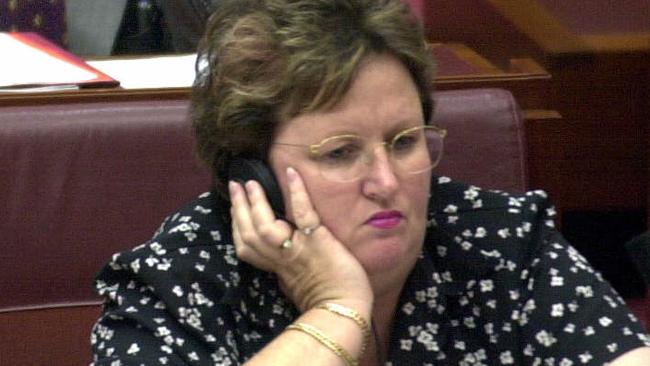
‘I don’t have time for egomaniacs who take notes’
Amanda Vanstone lifts the lid on her time in cabinet, including her dealings with John Howard and disdain for ministers more concerned with publishing memoirs than serving the community.
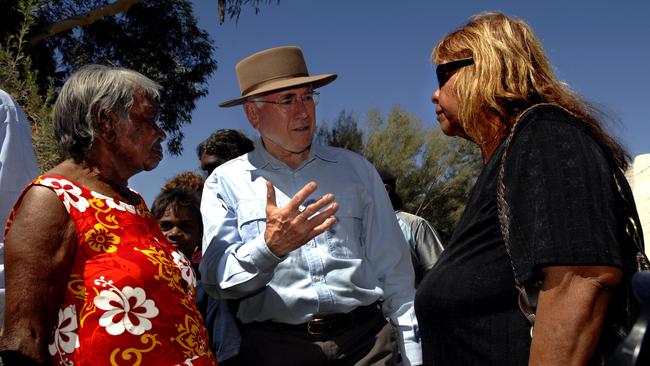
Why Howard government refused to say sorry
Fears that present day Australians would be held responsible for atrocities of the past were behind the Howard government’s refusal to apologise to Indigenous Australians in 2002.
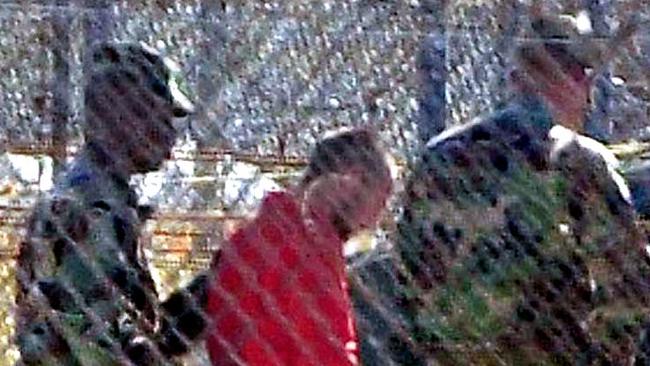
Hicks’ Guantanamo detention ‘lawful’, government ruled
Australian and US governments agreed on the need for a ‘consistent public position’ on Guantanamo detainee David Hicks, cabinet minutes from February 2002 reveal.
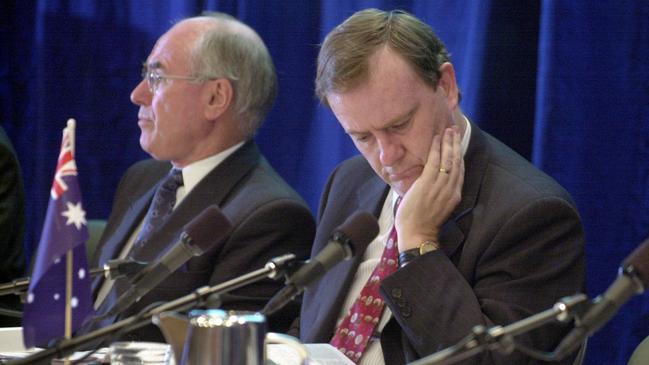
‘Why we never ratified Kyoto was beyond me’: Costello
Peter Costello laments rejection of 1997 Kyoto Protocol as cabinet documents from 2002 reveal Treasury argued for incentives to invest in cleaner energy.
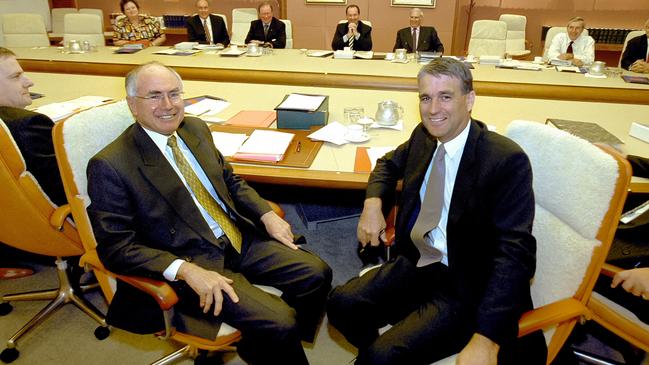
Howard warns on ‘reform fatigue’
John Howard and Peter Costello urge major parties to prioritise deficit and debt reduction to protect the nation from the next major economic shock.
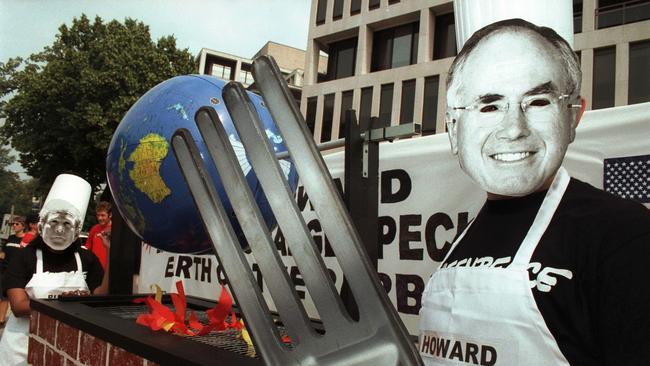
How Kyoto rejection kickstarted the climate wars
Concerns the Kyoto protocol would ‘risk Australia’s competitive advantage in emissions-intensive activities’ were one reason behind Howard government’s refusal to ratify the agreement.

Frustration over new security laws post-9/11
The Department of Prime Minister and Cabinet feared its inability to get state agreement on contentious new security measures in the wake of September 11.

How 9/11, Bali bombings changed our military
With the threat of terrorism looming large, the Howard government created a national special forces command to ensure ‘surgical’ military responses.
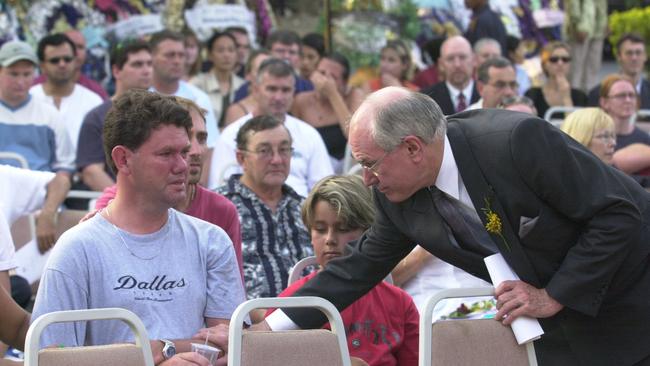
Release of Bali bombmaker ‘regrettable’
Former PM sympathises with victims and relatives over early release from jail of Bali bombmaker Umar Patek.

Australia wary of Afghanistan troop commitment
Declassified national security committee documents reveal that in June of 2002, Defence argued it was ‘not in a position to contribute’ to UN force in Afghanistan.
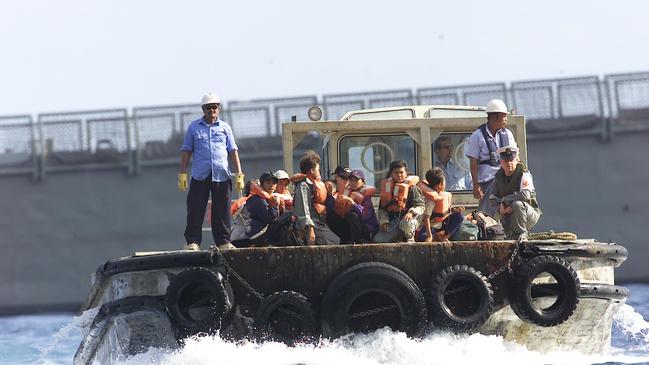
Christmas Island detention centre’s fast-tracking revealed
The Howard government fast-tracked plans to build the first ‘purpose-designed and built’ offshore detention centre controlled by Australia in 2002.

Timor Sea Treaty negotiations to be kept under wraps
Disclosure of details on joint resource-sharing agreement between East Timor and Australia would “damage security”, National Archives rules.
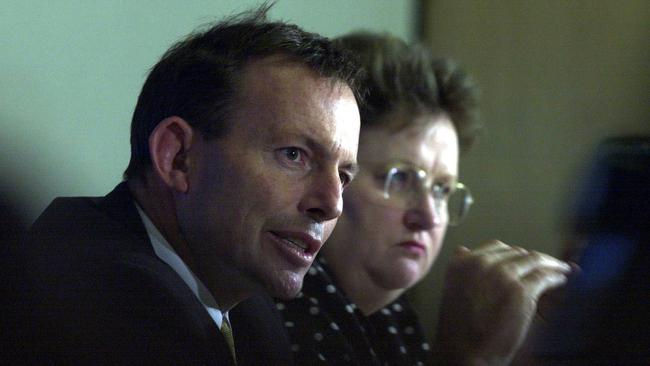
Push to restrain growth of disability pension
Concerns over ‘inappropriate access’ to the Disability Support Pension prompted Howard government to introduce measures to reduce number of recipients, cabinet papers from 2002 reveal.
The 2002 document was due to be released on January 1, 2023, under the 20-year rule governing cabinet records.
The treaty has been highly controversial with lawyer Bernard Collaery charged by the Commonwealth Director of Public Prosecutions with disclosing classified intelligence information about Australia’s alleged bugging of East Timorese offices to gain a commercial advantage during negotiations.

In July 2022, Attorney-General Mark Dreyfus ordered the Commonwealth to discontinue the prosecution of Mr Collaery, a former ACT Attorney-General, who faced a possible lengthy jail sentence. A series of charges under the Intelligence Service Act concerned conspiring with his client, a former spy known as Witness K, and the leaking of classified information.
The then Prime Minister John Howard and Treasurer Peter Costello told The Australian in separate interviews that they had no recollection of being aware of any spying operation at the time or approving it, and said intelligence agencies always acted in Australia’s national interests.
“I don’t recall it having been referred to me for approval,” Mr Howard said. “Did I know that it had happened? Should I have known? Well, let me put it this way: I would always expect ASIS (the Australian Secret Intelligence Service) to act in the national interest.”
“We approached the negotiations in good faith (and) what was going on in the intelligence services was beyond my remit at the time,” Mr Costello said. “I’ll tell you one thing though: Australia wouldn’t be the first or the only country that seeks advantages in commercial negotiations.”
The treaty signed in May 2002 that provided East Timor with 90 per cent of revenue and Australia with 10 per cent of revenue from the Joint Petroleum Development Area was fair, said the former Prime Minister and Treasurer.
“I have absolutely no feeling that we treated East Timor unfairly,” Mr Howard said. “We were responsible for East Timor getting her independence and I think given the economic factors and the relative needs, and so forth, I thought it was very fair.”
“We offered them a very good deal,” Mr Costello said. “The more important thing, frankly, was to get the development up and running (and) the explorers wanted to keep Australia in there because they thought it would help with giving it certainty.”
The National Archives has advised that the cabinet record regarding the Timor Sea Treaty “is and will remain confidential until a decision is made at some time in the future to provide access under the Archives Act.”




To join the conversation, please log in. Don't have an account? Register
Join the conversation, you are commenting as Logout